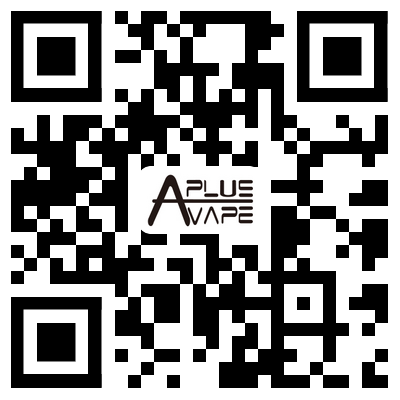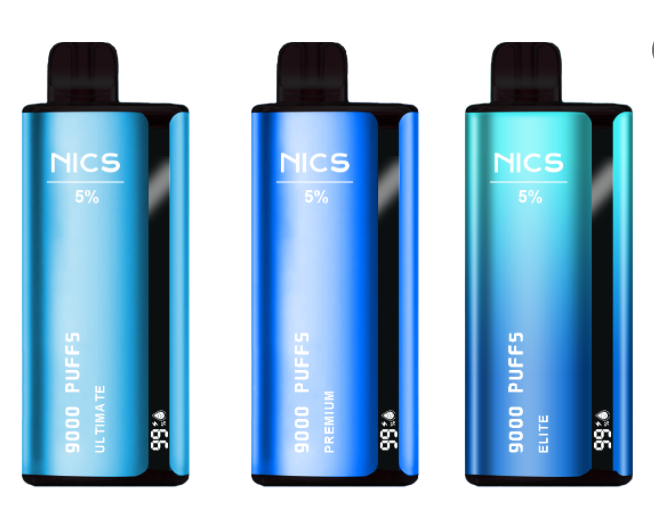US.President Signs Bill Tighteing Restrictions on Synthetic Nicotine Products
2022-04-17
Manufacturers of synthetic nicotine products have — for now — a short window for applying for Food and Drug Administration approval of a premarket tobacco product application.In middle of March, President Joe Biden signed into law U.S. House Resolution 2471, a $1.5 trillion federal funding bill that contained language placing the use of synthetic nicotine under the FDA’s authority.
That aspect of the law goes into effect April 14.
Specifically, the federal Food, Drug, and Cosmetic Act (FD&C) now “includes specific language that makes clear the Food and Drug Administration can soon regulate tobacco products containing nicotine from any source, which includes synthetic nicotine,” the FDA said in a news release.Currently, synthetic nicotine products can be sold in candy and fruit flavors not available to FDA-regulated tobacco and nicotine products.Puff Bar has been a major distributor of flavored synthetic nicotine products, drawing the focus of anti-tobacco advocates as a favored option of high-school students. It is facing a similar level of scrutiny as top-selling e-cigarette Juul has in recent years.
“Manufacturers of tobacco products containing nicotine not derived from tobacco will soon need to submit a premarket tobacco product application to the FDA and obtain authorization from the agency to market their product under the FD&C Act as amended by this legislation, or they will be subject to FDA enforcement.”The FDA, however, did not provide additional details about the new regulations would be implemented and the PMTA process for these types of products in the near future.
Purpose
The main regulatory focus on nicotine and tobacco products has been underage use, whether under age 18 or under age 21 as has been federal law since Dec. 20, 2019.The FDA and federal Centers for Disease Control and Prevention released in October the 2021 National Youth Tobacco Survey, which had a major focus on electronic cigarette usage.Current e-cig use among high school students dropped from 20% in 2020 to 11% in 2021 — the rate it was at in 2017.Analysts and observers said the decline likely was affected by two pandemic influences.The first is that youths were allowed to participate online, rather than just in a classroom setting.The second is that usage likely was curbed by youths being in virtual learning settings at home for most of the 2020-21 school year.The FDA requested the regulatory language because of concerns that electronic-cigarette manufacturers were switching to synthetic-nicotine products “in an attempt to evade FDA regulation (that) revealed a critical need to clarify FDA’s authority over these products.“That has been accomplished, ensuring products that are similar except for the source of nicotine will be regulated as tobacco products.”
Responses
Depending on which industry analysts is speaking, the inclusion of the synthetic nicotine language is either “an important public-health victory” or a blow to public health by limiting or extinguishing the product as an alternative to traditional cigarettes.Before and after Biden signed the bill, there has been criticism from anti-smoking public health advocates of inserting synthetic nicotine into federal tobacco regulations.“The FDA has made clear there is no hope of reform in the near future,” said Gregory Conley, president of American Vaping Association. “The system has failed the smokers and vapers, and the answer isn’t banning another 100,000 products and creating a new illicit market.“The fact is that with FDA so determined to destroy small- and- medium-sized businesses, nicotine alternatives are the only way for vapor specialty retailers to survive and keep adult ex-smokers off cigarettes.”Barclays analyst Jain Gaurav said a ripple effect of the new law is that “all synthetic nicotine e-cigarettes, roughly 20% of the market, would likely go off market.”Matt Myers, president of the Campaign for Tobacco-Free Kids, said the language is necessary, claiming that synthetic nicotine “poses a new and growing threat to the health of our nation’s kids.”In 2020, the FDA ordered Puff Bar to remove its flavored disposable e-cigarettes from the market because of their appeal to kids, Myers said.In 2021, Puff Bar reentered the market as a synthetic nicotine product with kid-friendly flavors like Banana Ice and Cool Mint.“Congressional action is urgently needed to stop e-cigarette companies from using synthetic nicotine to blatantly evade FDA regulation and continue selling flavored e-cigarettes that are attracting and addicting kids,” Myers said.“If left unaddressed, manufacturers of thousands of e-cigarettes — as well as other tobacco products — are likely to switch to synthetic nicotine to evade critical public health protections, including premarket review requirements for new tobacco products, the nationwide tobacco sale age of 21, and health warnings.”Amanda Wheeler, president of the American Vapor Manufacturers Association, said giving the FDA authority over synthetic nicotine would serve to slow down the shift of adult smokers toward vaping options.“It’s already lunatic that FDA is prohibiting adult American smokers from switching to vaping, but this legislation is so absurd that it will extend FDA’s reach to products that have no actual, physical connection to tobacco whatsoever,” Wheeler said.






















































